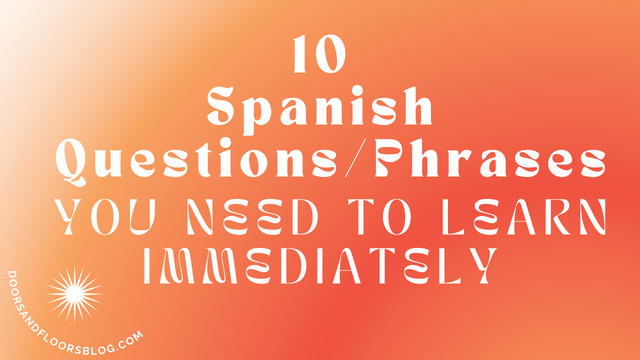
Why do I recommend you learn these Spanish questions and phrases immediately?
Because in a year of learning Spanish, these are the top ten Spanish questions and phrases I have used, answered, asked or been asked the most. I highly recommend you focus your learning on the following to speed up your ability to communicate. Learning how to understand these questions being asked and to be able to respond to them greatly improved my independence as a Spanish speaker and as an individual.
The following Spanish questions and phrases are simple, easy to learn, and are used often in everyday life. Here are the top ten Spanish questions and phrases to learn, in no particular order. So let’s get started.
Names

You should be able to recognize this question early on, it’s an important one for you to know because you get asked it in just about every new encounter. Now I sincerely hope I don’t have to feed you the answer to the question, that one you should have handled on your own, however, I can tell you what the question coming your way will sound like.
Should you find yourself in a situation where you’re being introduced to someone and you hear them say, “¿Como te llamas?” Or “¿Cual es tu nombre?” this simply means, “What’s your name?”
Following your answer to that question, you should be courteous and ask the same question back.
FYI: This will probably be your most asked question, that and Number Nine, so try to remember this one!
Age

The beauty about asking people about their age, is everyone has a number they can give you. And an added bonus-everyone usually has a different number to give you, so you’ll be learning lots of numbers at the same time!
This question is a great one to whip out when you’re hanging with family and meeting some young nieces and nephews for the first time. And don’t be surprised if you have people asking you the same question back.
- How old are you: ¿Cuantos años tienes?
I found early on that the only conversational Spanish questions and phrases I had under my belt were “¿Cuantos años tienes?” and “¿Cual es tu nombre?” and I would use that in my adult conversations. It really helped me to get to know my new uncles and cousins! Even if I did have a child’s vocabulary.
Never be afraid to ask questions, even if you do feel kind of childish doing so. They’re just happy to have you participate. I’ve never encountered anyone who had a problem with me asking how old they were-when I asked a Spanish speaking person!
And also, don’t be surprised if when you ask adults this question, they show you the number on their fingers…because they don’t think you’ll understand the Spanish word for the number they’re about to say.
Recalling names
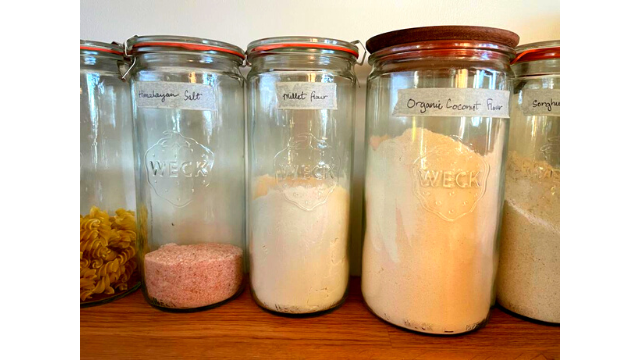
These are a great set of phrases to learn how to say to help you learn more Spanish. If you’re ever in a conversation and you’re trying to talk to someone but you find yourself at a loss for words, here’s where these come in handy.
You simply say, “Como se dice…” that is, “How do you say…” and point to the object you’re trying to find the word for. People are usually more than happy to help you learn a few more words.
Similarly, you can also say, “¿Como se llama?” that is, “What’s the name?” and again, you can point at the object you’re trying to find a name for.
Have you ever been talking to a friend in your native language and you can’t remember the name for some random thing that you need to recall mid-sentence? I notice my husband does it sometimes when he’s talking to his family. It makes me feel better about using these Spanish questions and phrases in my own Spanish conversations because I see someone else using them too. So don’t be afraid to use these to your advantage.
Pro tip: When they give you an answer to your question, be sure to repeat the word they give you a dozen or so times or you’ll never remember it again and you’ll have to ask the same thing again next time.
Hunger

Not to say that deep down inside we’re all a bunch of little kids, but you should be able to tell people when you’re hungry. Telling them may not get them to give you the food, but if you’re hanging with a group of people or just your person, you should be able to communicate this need of yours to them.
You should also be able to tell people when you’re full. Because Hispanic cultures especially tend to be quite hospitable, they usually want to make sure that you are satisfied.
But how do you communicate that?
- I’m hungry: Tengo hambre
- I’m full: Estoy lleno/llena
Thirst

Of course, it’s important you also communicate when you’re thirsty!
- I’m thirsty: Tengo sed
Need I explain this one more? No. Now go forth and tell the world your needs!
Hot and cold
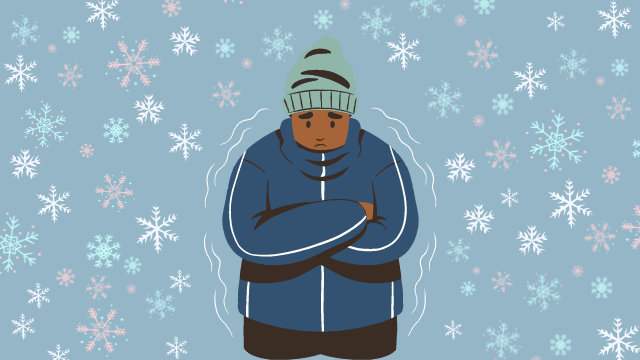
Similar to the last two, you should be able to communicate all basic needs, not just that you want to eat and drink.
Even if you find you don’t know how to ask someone to open or shut a window, if you know how to communicate that you’re hot or cold, they’ll usually help you with the rest. Also, with us being humans and all, we often all walk around complaining or commenting about the weather in one way or another, so why not know how to say that you are hot or cold?
- I’m hot: Tengo calor
- I’m cold: Tengo frio
Knowing these two simple sentences will help you if you ever find you’re in need of an extra jacket, you need a window shut or you want to go outside to get some air or go to the river. By knowing how to say “I’m hot” in Spanish, I have been able to communicate all of these things, and ask for water. Because if you’re hot, you might also be dehydrated.
Help!
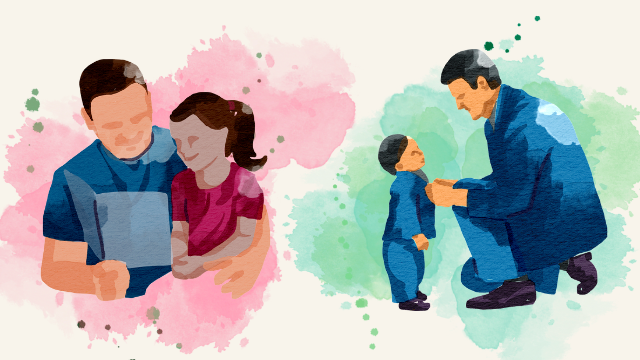
I probably waited too long to learn this one. If you spend any time alone in a country that speaks a language that isn’t your native tongue, I highly recommend you learn this one ASAP.
Being able to ask for help in an emergency especially, is super important.
To simply ask for help you can say: Ayudame! (Help!)
But if your situation is a little less urgent and you’d like to show some manners, you can say: Ayudame porfavor (Help me please)
If you need to be a little more descriptive, try explaining what they can help you with, this is where the word “Con” comes into play. “Con” means “with.” “Ayudame porfavor con…” and then hopefully you have the words to explain the situation. If not, refer back to Number Three for help in describing the situation and your surroundings.
Being needy

These are meant to be asked in the nicest way, not in your brattiest tone of voice. I give them to you for nice purposes only. Please use them only for good.
If you need to ask for something or you need to give something, you can use one of the following.
- I want: Yo quiero
If you’re at a restaurant waiting to give your order and the waiter comes to you asking what you want, you can say, “Yo quiero el butadon.” (I want the butadon.) Like we always order at a restaurant mentioned in our post about 10 Peruvian Dishes You Need To Try Immediately.
- Give me: Dame
Here in Peru we have a lot of mini markets where you stand behind a counter and ask for something instead of going in and picking out exactly what you want. You could, for example, at one of these markets say, “Dame un kilo de arroz por favor.” (Give me one kilogram of rice please.)
- Pass me: Pasame
This can be used when asking someone to pass you a knife at the dinner table, or to pass you your glass of water, for example.
- Take it: Toma
You can use this when someone asks you to pass them something. If my husband says, “Where are the keys?” (or, Donde estas las llaves?) and I have them in hand, I can say, “Toma.” (or, take it.)
Work

Being a foreigner living in Peru I often get asked what I do for work, for Doctors, legal paperwork, and everyday chitchat. And honestly, I remember getting that question quite a lot back in the states as well.
It seems the question is a common small talk, chit-chat type of question. So you, learning Spanish questions and phrases, presumably for everyday life and for the inevitable small talk…should know how to answer the question.
The question:
- What do you do for work: ¿A que te dedicas?
- Or: ¿En que trabajas?
The answer:
- I am a secretary: Yo soy una secretaria/secretario
- I am an engineer: Yo soy ingeniero
- I am a laywer: Yo soy abogada/abogado
Of course, the answer will depend on your specific type of work, but I encourage you to learn the word for what you do so you can answer that question.
Where is home?
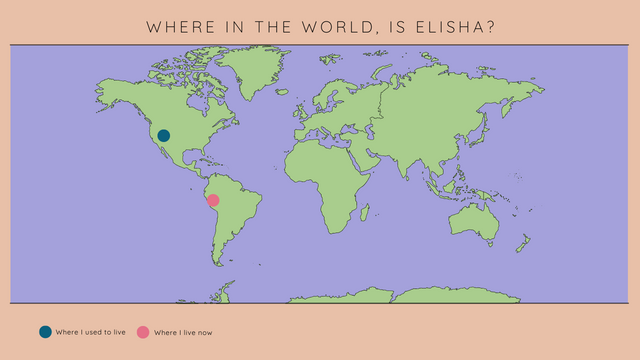
The number one question I get asked is: Where are you from?
It even tops the number of times I am asked for my name. I’m not even kidding.
That being said–you should learn how to not only recognize this question but also how to answer it!
The question:
- Where are you from: ¿De donde eres?
- What country do you come from: ¿De que pais vienes?
The answer:
- I’m from the United States: Yo soy de Estados Unidos
- I’m from Lima: Yo soy de Lima
Basically…”Yo soy de…” insert your location here.
This should be obvious, but you should know that different countries are pronounced differently in Spanish. I encourage you to learn the proper pronunciation–in Spanish–for your country.
I get it, we all have certain ways our home places are called and we get a little uppity and irked if someone dares pronounce that place wrong. But this is different. This isn’t correcting someone for pronouncing your city name wrong, this is learning the proper pronunciation or even the proper word for that country in Spanish.
In my experience, most people just want to know what country you’re from, and only a few want to go deeper into location. When they dig deeper into what state or location you’re coming from, then I encourage you to pronounce your home state or city the way it is proper where you come from.
Bonus: I like it! *Clicks like button*

And finally, we have…being able to say what you like and don’t like. I find this important to learn, especially if you’re a foreigner because everyone always wants to know if you liked the dish prepared for you.
This is another phrase that comes up in my daily conversation a lot.
Did you like the meal?
- Yes, I liked it: Si, me gusta.
Do you like corn?
- No, I don’t like it: No me gusta.
I often use this in a combination of ways to respond to questions about whether I like the music put on, if we should buy certain groceries based off of whether I like this or that. And a variety of other questions. This one certainly comes in handy!
Learning these Spanish questions and phrases are the gateway to hundreds of other sentences and questions.
By knowing the word for, “Cold” I can communicate that I am cold, I want a cold drink, it is cold, and even ask if you are cold.
By learning how to ask for help I can communicate in emergencies and I can communicate when I tried to carry more than I could handle and am dropping groceries.
You can use these Spanish questions and phrases separately or combine them. I hope you will take the time to learn them and add them to your vocabulary. Enabling you to become more independent in your Spanish conversations, and giving you the confidence to speak up.
If you need more Spanish tips and tricks, check out this post about 12 Ways To Improve Your Language Learning-Without An App.
If you liked this post, be sure to give me a big “Me gusta” in the comments and tell me what other kinds of Spanish tips and tricks you’re looking to hear.
Until next time!
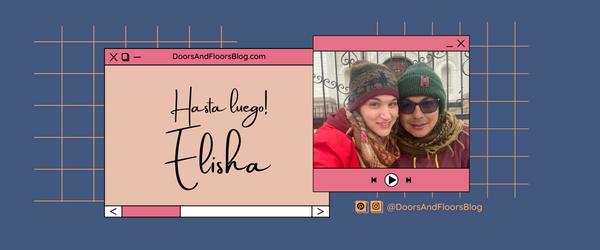







[…] can refer to this post about 10 Spanish Questions/Phrases You Need To Learn Immediately to help you build more sentences like the two mentioned […]